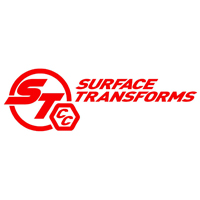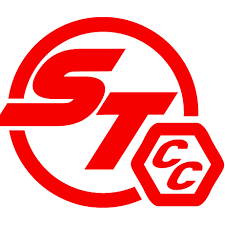20 years ago, Porsche introduced a new 911 model the 911 GT3. Named after a class of endurance racing cars, the motorsport-derived variant focused on track performance and a particularly visceral driving experience by offering motorsport technology for the road. A high-revving naturally-aspirated flat six engine closely related to the engine used in motorsports, rear wheel drive, lightweight construction, upgraded aerodynamics and track-focused suspension and brake systems have been defining characteristics of this model throughout its 20 year history.
Four years later, the 911 GT3 received significant updates, and was offered in North America for the first time. Based on the facelifted 996 generation 911, horsepower grew to 381, torque rose from 273 to 285 lb-ft, and the redline climbed to 8,200 rpm. This was possible by updating the engine with longer titanium connecting rods, lighter pistons, the variable camshaft adjustment system VarioCam, and lighter intake and exhaust valves. As an option, Porsche Ceramic Composite Brakes (PCCB) with carbon-ceramic brake rotors was available for the first time in the GT3, taken from the 996-generation 911 GT2.
Surface Transforms plc (LON:SCE) are experts in the development and production of carbon-ceramic materials and the UK’s only manufacturer of carbon-ceramic brakes for automotive use.


